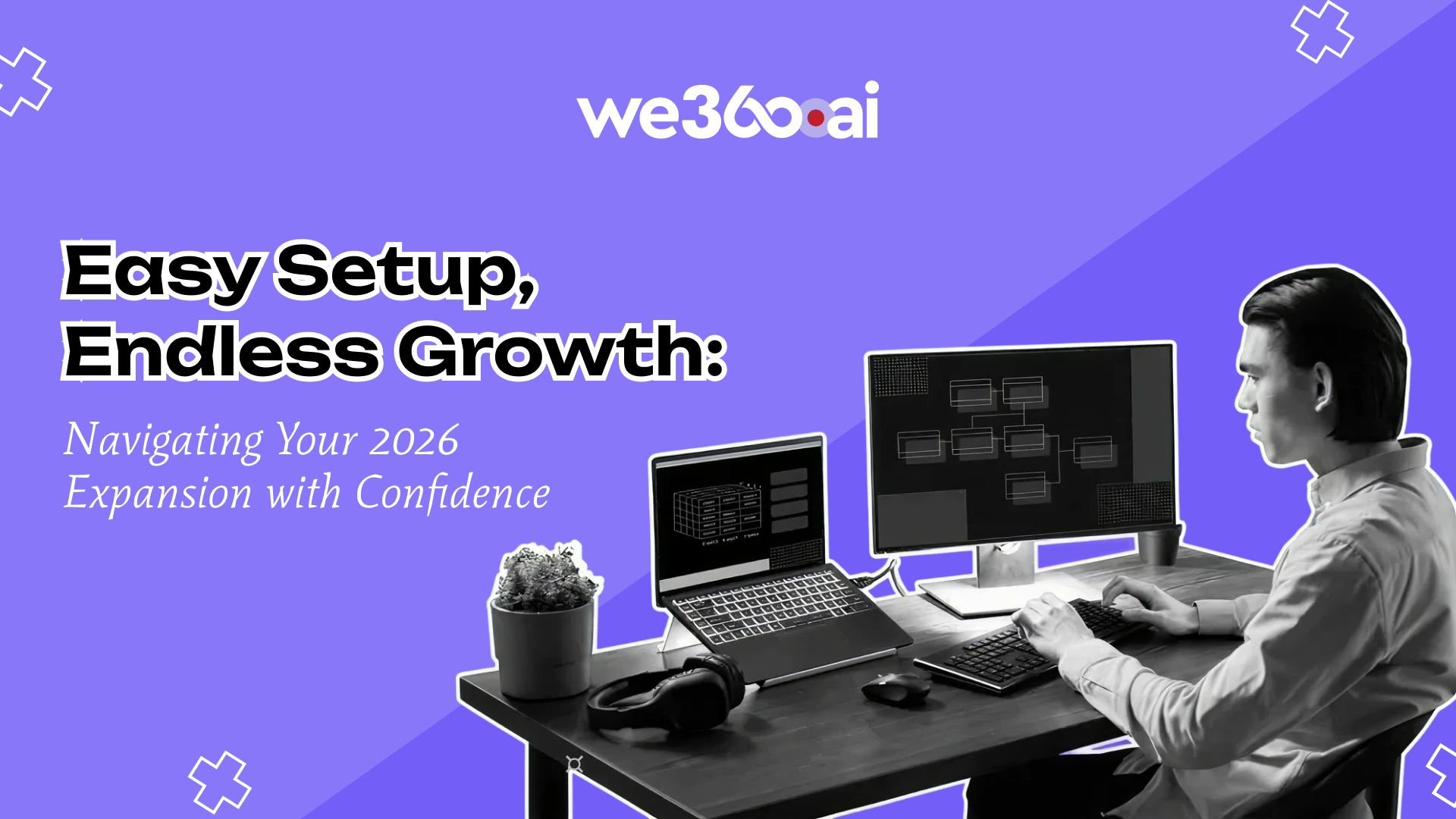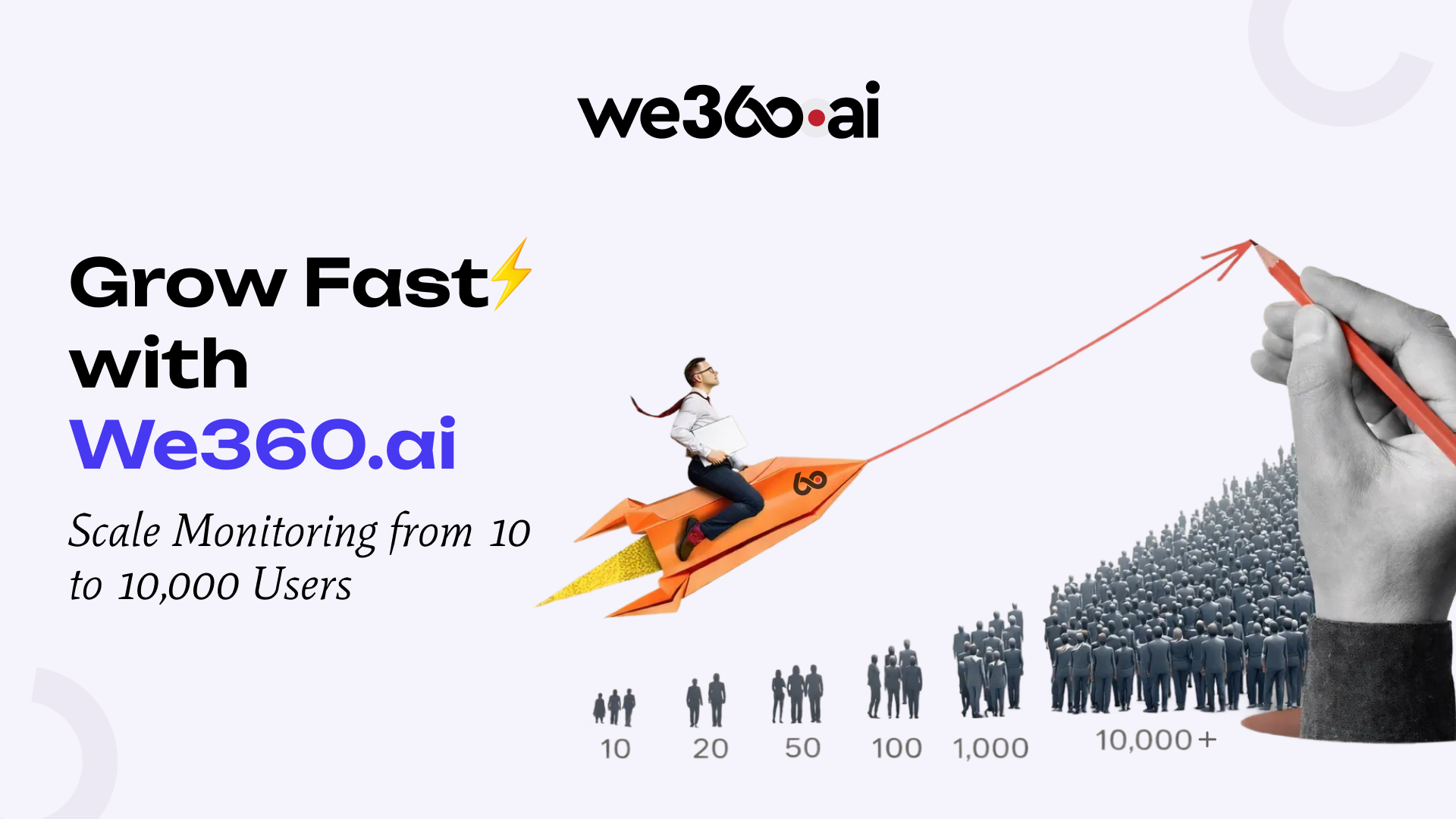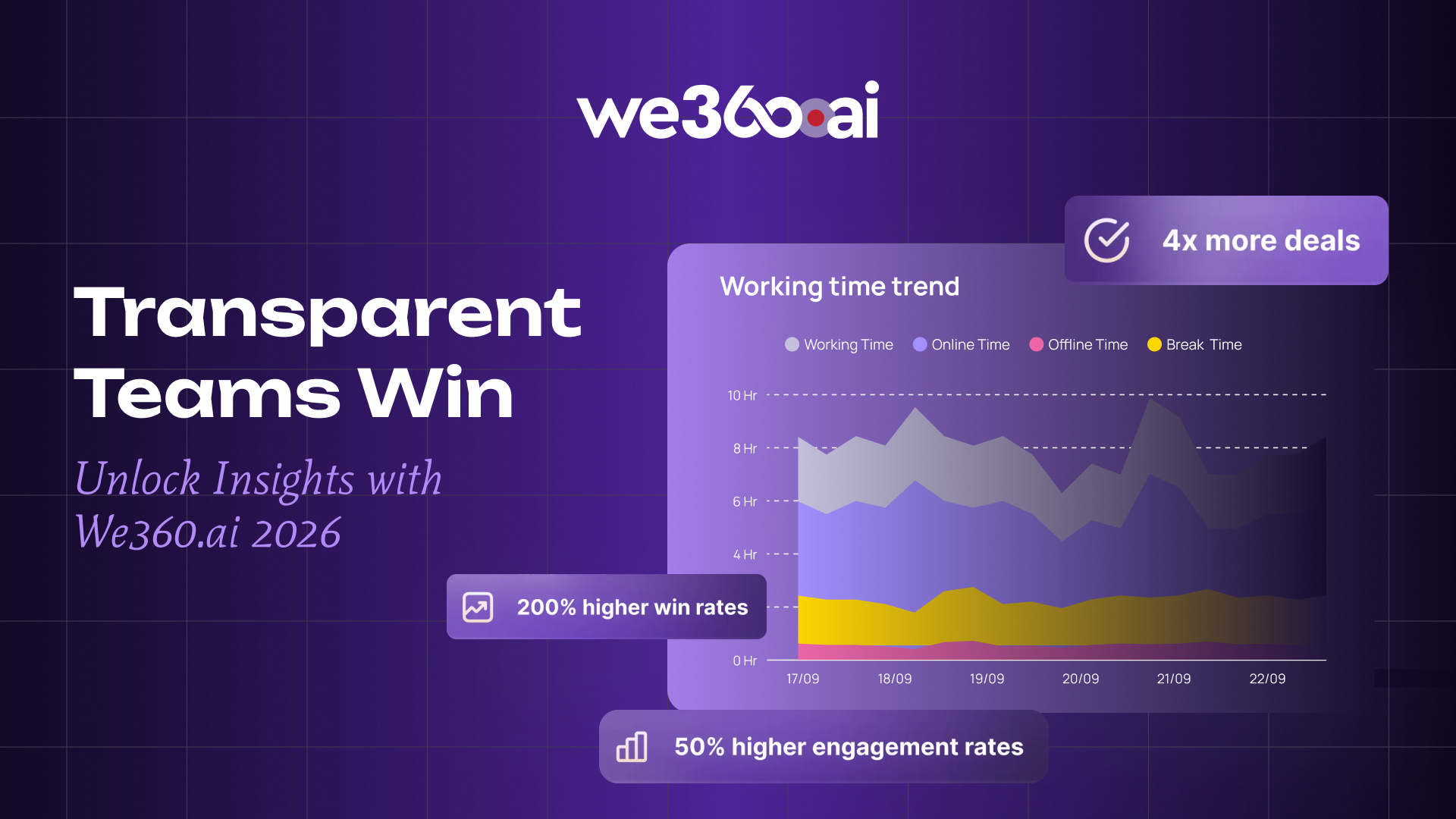Workplaces today are more digitally connected than ever, yet true inclusion still depends on human intention. As teams collaborate across time zones, cultures, and virtual platforms, organizations are realizing that belonging doesn’t happen automatically - it must be designed into everyday work. Inclusive leadership now means being mindful of different communication styles, religious and cultural observances, accessibility needs, and varying comfort levels in speaking up during virtual meetings.
When companies build systems where every voice can contribute — not just the loudest or most visible — diversity turns into meaningful participation rather than silent representation.At the same time, the growing use of AI and data-driven decision-making has added a new dimension to equity conversations. Hiring tools, performance analytics, and automated workflows can improve efficiency, but they also carry the risk of reinforcing hidden biases if not monitored carefully.
Organizations that lead in DEI are combining technology with ethical oversight, ensuring fairness in promotions, evaluations, and opportunities for growth. By blending empathy with innovation, companies are proving that progress and inclusion can move forward together — creating workplaces that are not only smarter, but also more just.
In an increasingly interconnected world, Diversity, Equity, and Inclusion (DEI) have emerged as essential pillars for fostering vibrant communities and successful organizations. But what lies beneath these words? Beyond the jargon, DEI represents a profound shift in how we perceive, engage with, and uplift one another.
As Audre Lorde once said, “It is not our differences that divide us. It is our inability to recognize, accept, and celebrate those differences.” DEI is about weaving this tapestry —creating spaces where differences are not just acknowledged but celebrated, where fairness is the foundation of every choice, and where the feeling of belonging transforms from a fleeting concept into a living, breathing reality.
It’s the art of turning coexistence into collaboration, where our shared humanity shines brighter than our differences. DEI challenges us to see the world not as it is, but as it could be-an inclusive space where everyone has a voice, a seat, and an equal chance to thrive.
Diversity: The Power of Differences
Imagine a garden where flowers of every colour and shape create a breath-taking masterpiece. This is diversity—a blend of perspectives and identities enriching our collective understanding.
"Diversity is the one true thing we all have in common. Celebrate it every day," said Maya Angelou. True diversity goes beyond representation; it’s about ensuring every voice is valued.
In a drought-stricken village, diverse ideas—from irrigation channels to rainwater harvesting—combined to save the community. This reflects how varied perspectives fuel creativity and innovation. As Stephen R. Covey said, “Strength lies in differences, not in similarities.”
In the corporate world, diversity drives success in countless ways. For instance, many of the multinational companies credit their diverse teams for sparking innovation and creating products that resonate globally. Diverse perspectives help them anticipate customer needs across cultures and regions. Studies have shown that companies with inclusive cultures outperform those without, showcasing higher employee satisfaction and retention rates.
Yet diversity needs inclusion to thrive. Without respect and support, its potential fades. History and nature show diversity’s transformative power, from rainforests to ground-breaking inventions.
Equity: Levelling the Playing Field
Equity is often misunderstood as equality, yet the two concepts are fundamentally different. Equality means giving everyone the same resources, while equity is about providing individuals with the specific tools they need to succeed. To illustrate, imagine a race with a group of runners. Equality would mean giving each runner identical shoes, regardless of their size or condition. In contrast, equity ensures that each runner receives shoes that fit perfectly and support their unique needs.
As Nelson Mandela wisely said, “Overcoming poverty is not a task of charity, it is an act of justice.” This quote highlights the importance of equity in creating fairness by recognizing individual needs and circumstances, rather than offering a blanket solution.
In today’s corporate world, equity is more crucial than ever. It acknowledges that not everyone starts from the same place, and that success cannot be achieved by treating everyone in the same way. Equity requires us to dismantle systemic barriers and offer tailored opportunities for growth. Whether it’s through mentoring underrepresented employees, offering accessible resources, or re-evaluating hiring practices, equity ensures that everyone has a fair shot at success.
Equity is not merely a moral imperative but also a strategic necessity in today’s competitive corporate landscape. By prioritizing equity, organizations can unlock the full potential of their diverse workforce, leading to innovation, creativity, and a stronger, more inclusive business culture.
Inclusion: The Practice of Belonging
Diversity is the mix, equity is the method, and inclusion is the glue that brings it all together. In the corporate world, inclusion ensures every individual feels welcome, valued, and empowered to contribute their best. It’s about creating an environment where people not only have a seat at the table but also a voice that is heard and respected.
Inclusion in the workplace fosters innovation, drives collaboration, and enhances decision-making. It goes beyond representation, addressing biases and promoting open communication, so every person can thrive and contribute meaningfully. An inclusive culture attracts diverse talent and boosts employee engagement, making it essential for organizational success.
Inclusion isn’t just important at work; it should be embraced in our personal lives as well. By fostering inclusivity in both professional and personal settings, we create environments where everyone feels empowered and valued. It’s about intentional effort, self-awareness, and embracing the uniqueness of those around us to make everyone feel they truly belong.
DEI: More Than a Policy, It’s a Cultural Commitment:
Embracing Diversity, Equity, and Inclusion (DEI) in the corporate world is not just about implementing policies or ticking boxes—it's about fostering a cultural shift that takes deep reflection, commitment, and consistent action. DEI must become embedded in the very fabric of an organization, transforming its core values. This means going beyond hosting a cultural heritage celebration or offering mentorship programs; it's about authentically understanding and supporting the diverse identities within the workplace. When organizations truly listen to their employees, lead with empathy, and celebrate differences, the results extend far beyond numbers. Research shows that diverse and inclusive teams are more innovative, have higher job satisfaction, and perform better financially—but the true value of DEI lies in the trust, loyalty, and connection it fosters within teams and the broader community. It’s about creating spaces where everyone feels seen, heard, and valued. The journey to DEI is ongoing, and the question for organizations should always be: Who isn’t in the room, and why? By amplifying underrepresented voices, challenging biases, and embracing different perspectives, businesses can build bridges where barriers once stood. These efforts create lasting ripples of change, shaping workplaces and communities where everyone has the opportunity to thrive and contribute their unique gifts. While the path may not be without challenges, the rewards of a genuinely inclusive and equitable corporate culture are immeasurable.
About the Author:
Sudha is an accomplished HR Specialist with over a decade of experience in Administrative, Human Resources, and Training & Development functions. Currently serving as the Head of HR & Operations at GAC Digital in Hyderabad, Sudha brings a wealth of expertise and leadership to her role.

Beyond her professional achievements, Sudha is a multifaceted individual with a deep passion for dance, sports, and the arts. Whether it’s playing badminton, capturing moments through photography, sketching, or immersing herself in music, she finds joy in creative pursuits. Writing, for Sudha, is a powerful medium of self-expression, enabling her to articulate her thoughts, emotions, and life experiences through stories.
Having faced and overcome various adversities, Sudha is committed to leading an inspirational life. She aspires to leave behind a legacy of resilience and happiness, inspiring others to embrace tenacity and positivity in their own journeys.














